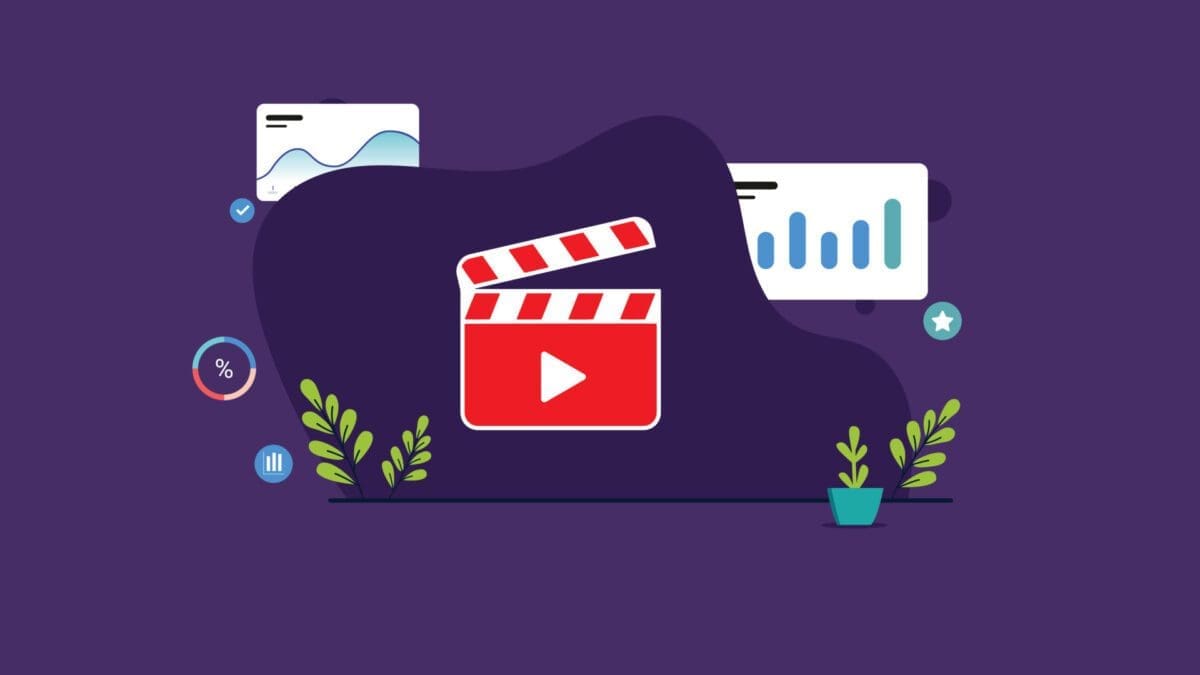Published: February 8, 2024
What is SEO?
Search Engine Optimization or SEO makes your website’s content relevant to users and easy for search engines like Google or Bing to “Crawl” your website. Crawling is when a bot combs through a website, looking for keywords that users on Google and Bing search for. For example, Google crawls a site and finds “What is SEO” as the title of an article; Google then knows this page could solve one of their user’s searches for “What is SEO?”.
It gets a little more complicated than that, but that is a broad definition.
The goal of a search engine is to serve the right message to the right person at the right time. Imagine you searched for “Digital Marketing Agencies” and got many results for pizza restaurants that probably wouldn’t be what you’re looking for. That scenario provides a bad experience for the search engine’s users.
You want people to come to your website, whether it’s to read articles, buy products, or download resources. You can buy ads on Google, Bing, and other platforms, but SEO provides organic traffic. This would be users finding your website independently, with no ads, just searching for something you happened to write about. This traffic is “free,” meaning you don’t need to pay directly. There are costs associated with creating content and optimizing your website, but the amount of money you spend does not impede the traffic flow.
Many online articles and ads will try to sell you quick and easy methods for improving your site’s SEO. This is mostly garbage 🙂. While it is true that if you have good content, relatively minor SEO adjustments will boost you, the road to reach that point is long and requires hard work from copywriters and developers alike.
How to Improve SEO
There are many ways to improve your SEO, from using common keywords to delaying the execution of specific code to reduce page loading times. This blog will not cover everything, but it will provide a foundational understanding of how to improve SEO.
Basics
Keywords are phrases that users will type into search engines, such as “restaurants near me” or “How to write a blog post.” You can use tools like SEMrush or others to help you find keywords to use on your website.
Headings like the “How to Improve SEO” heading above help search engines understand the structure of a page. Think of your website’s pages as chapters in a textbook, while headings are the titles of the different sections within that chapter. In HTML, there are six levels of headings: H1, H2… H6.
You want your content to be relevant to users. If you just fill your pages with keywords you pulled from a tool, users wouldn’t want to read it because it doesn’t answer their questions. Make sure to provide relevant information surrounding whatever keywords you are targeting.
Backlinks are created when other websites link back to your site. Search engines consider this when serving content because it shows that your site is an authoritative source providing relevant information. Like content, relevant backlinks significantly boost organic traffic, while irrelevant backlinks can potentially harm it. Don’t worry; search engines have developed tools to eliminate these.
Technical
With the rise of mobile devices in the past decade, search engines now consider page speed. A site that loads slowly does not provide a good user experience. Many things can bog down your website’s speed. One that we see very often is images that are too big. Images should be appropriately sized and compressed as much as possible so that users with slower internet speeds can still use your site.
Accessibility is essential for websites. Like a sidewalk ramp is vital for people with disabilities, so are many things on your website. Color contrast, images containing alt text, and user-friendly structure for screen-readers are just the tip of the iceberg.
Data Structure mainly affects e-commerce websites but is becoming increasingly important for others. Say you search for a product on Google; you may see product listings right away at the top of the page. Google and others can create these by pulling data directly from sites and displaying them so users can quickly review prices, reviews, etc. Google has a great article if you want a deep dive into structured data and how it relates to search engines.
Conclusion
Does that seem like a lot of information? That’s because it is! We only covered SOME of the very basics behind what SEO is. Our team of experts has educated and served clients in this area for many years. Are you ready to optimize your content? We can help!



